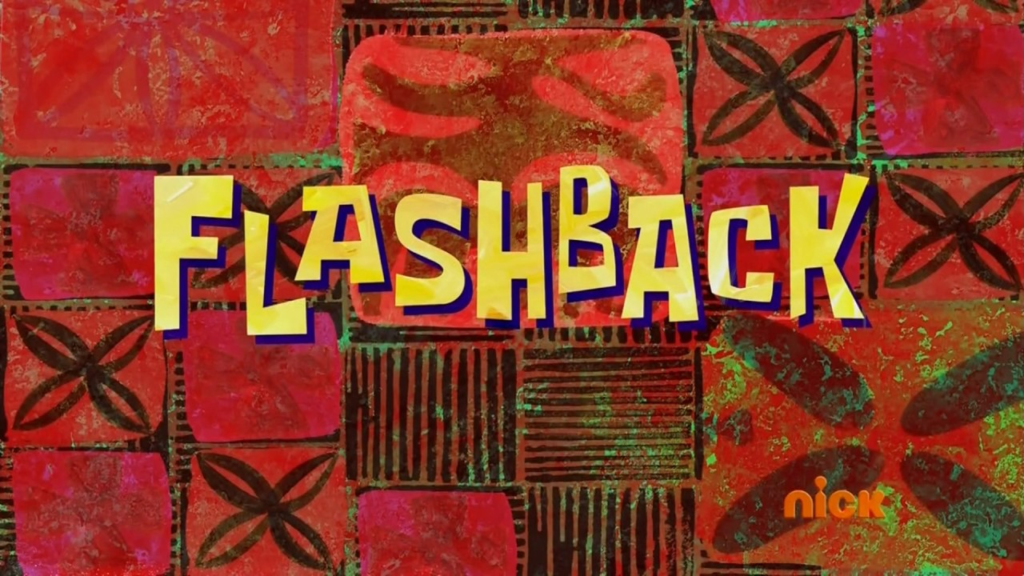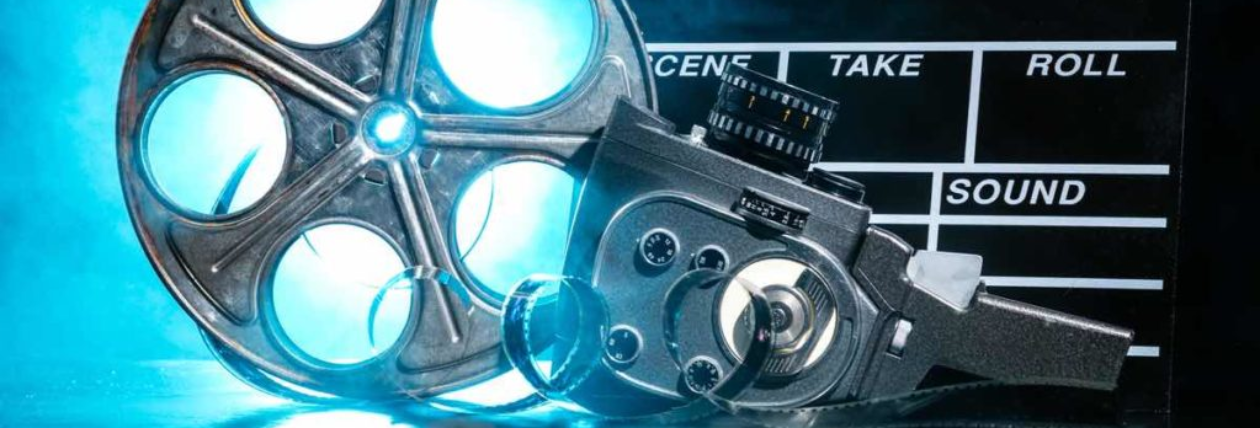unreliable narrator. a narrator who misleads readers Deliberately or unwillingly
Backstory: a story that tells what led up to the main story or plot
flashback: a narrative technique of interrupting the story or plot to interject events of earlier occurrence. The earlier events often take the form of a memory

non linear narrative: any narrative that doesn’t follow a traditional, chronological order from beginning to end. Non-linear stories can employ techniques like flashbacks, flash-forwards, multiple points of view, or a non-sequential structure that rearranges the order of events.
ellipsis: movement and action unnecessary to the telling of a story will often be removed by editing.
framing device: a narrative technique in which a story is surrounded by a secondary story, creating a story within a story, often through Separate Scene Storytelling. The inner story is usually the bulk of the work.
Cliff-hanger: a dramatic and exciting ending to an episode of a serial, leaving the audience in suspense and anxious not to miss the next episode.

McGuffin: An object or device in a film or a book which serves merely as a trigger for the plot.
foreshadowing: hinting about what is to come during later events. It creates expectations about how things might play out
alignment: The way in which we are oriented towards the characters in a narrative in terms of information
causality: when one even in a story leads to another vent and so on. this continues until the story reaches a conclusion.
In media res: A Latin phrase meaning “in the midst of things.” Writers in the world of film use it to describe a movie scene that begins with a protagonist at a later point in the narrative. By this point, a good deal of action has taken place.
master plot: The main story that recurs again and again in the film

subplot: a secondary plot used in film and television that receives less screen time and emphasis than the main plot. Subplots may never intertwine with a story’s main plot, but to be effective, work to enhance the main plot of a film.
narrative hook: what grabs the viewer’s attention, preferably in the first 5–10 minutes
plot twist: an unsuspected occurrence or turn of events in the story that completely changes the direction or outcome of the plot from the direction it was likely to go.

